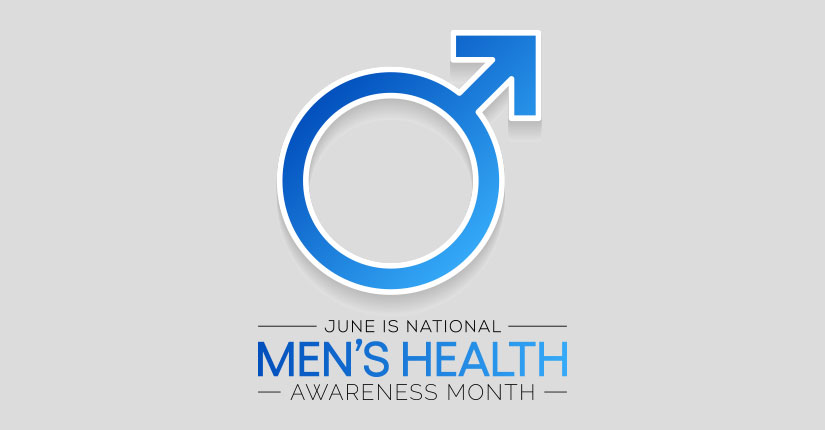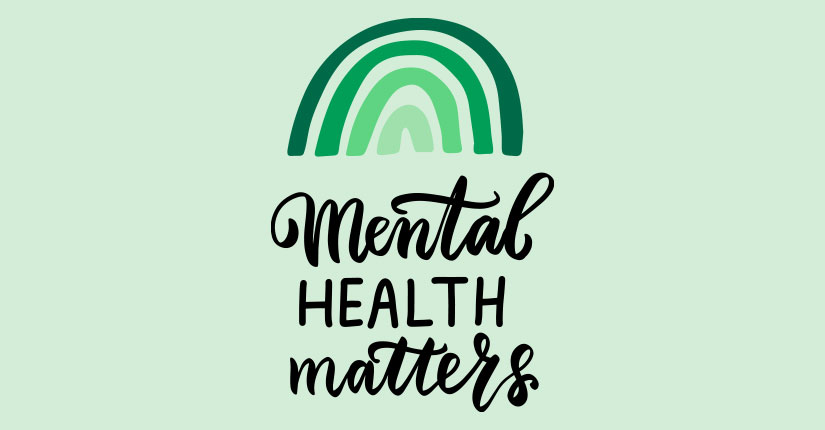International Men’s Health Week: Do You Know Your Health Numbers?
By Nmami Agarwal 18-Jun 2022 Reading Time: 3 Mins

Reading time: 3 mins
We’ve all heard our doctors read off numbers from our charts. You know they’re important, but do you know what they really mean? When it comes to your health, there are some numbers you should know by heart. These numbers can determine whether the person is at risk for a certain disease or not.
Here are 6 Health numbers that are very crucial and are to be monitored regularly:
Blood pressure
Blood pressure often, but not always, rises as we age. High blood pressure (hypertension) is silent, but it raises risks of heart disease, stroke, chronic kidney disease and many other lifestyle diseases.
LDL Cholesterol
Low-density lipoprotein (LDL) cholesterol is a major cause of coronary heart disease. It’s the culprit behind most cholesterol buildup and arterial blockages in your body.
Triglycerides
Many people don’t realise that triglycerides are not a type of cholesterol. But high levels of this blood fat are linked to coronary heart disease.
Fasting blood glucose
When your body can’t make insulin or respond well to it, glucose builds up in your blood, damaging blood vessels and nerves. That’s why your doctor may recommend a fasting glucose test.
HBA1c
Haemoglobin A1c, also called HbA1c, measures blood sugar. Unlike the home test, which tells you your blood sugar at the time you take it, the haemoglobin A1c test tells you your average levels over the past 3 months.This test helps you and your doctor understand your long-term control of your blood sugar, which indicates how well you’re managing your diabetes.
Waist size
Waist size is one way to measure abdominal fat. By carrying less fat around your midsection, you can decrease your risk for heart disease, diabetes, and other health conditions.To measure your waist, wrap a tape measure around your midsection just above your hip bones. Your risks are lower if your waist measurement is less than 40 inches in men, 35 inches in women.
Over to You:
In addition to making lifestyle changes, taking certain medications can provide an extra boost to bring your numbers within the healthy range.Talk with your doctor to learn if your situation needs medications to bring your numbers into balance.





















